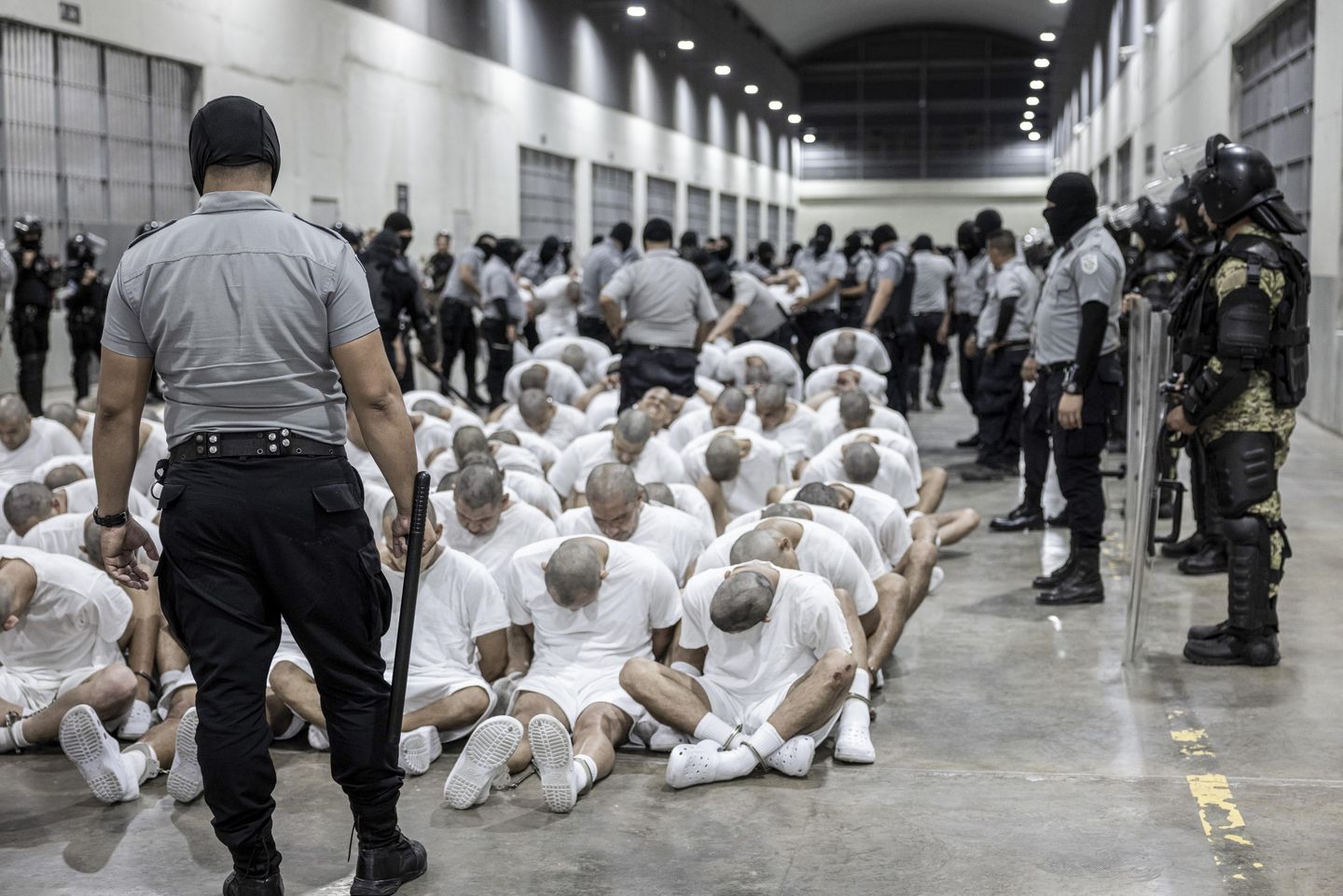
The Supreme Court delivered a major victory to President Trump on Monday by erasing a lower court ruling that blocked him from deporting Tren de Aragua gang suspects to El Salvador.
Mr. Trump was using the Alien Enemies Act to carry out the deportations, circumventing the usual immigration system to speed the removals.
In a 5-4 decision, the justices said deportees have limited options to challenge Alien Enemies Act deportations in court.
The justices did impose new rules on the administration moving forward, saying anyone about to be deported under the act must be notified and given enough time to file a “habeas” court challenge in the federal court near where they are being detained.
The court issued its ruling in an unsigned order.
Justice Sonia Sotomayor dissented and was joined by the three other female justices.
“The government’s conduct in this litigation poses an extraordinary threat to the rule of law,” she wrote in an opinion joined in full by the court’s other two Democratic appointees and in part by Justice Amy Coney Barrett.
The case quickly erupted into a showdown between Mr. Trump and lower courts after U.S. District Judge James Boasberg intervened and tried to ground three planes that took off for El Salvador on March 15. The plane carried Venezuelans who are part of Tren de Aragua and Salvadorans who are part of MS-13.
The government has declared both organizations to be terrorist groups. Mr. Trump, using the 1798 Alien Enemies Act, sent them to a terrorist prison in El Salvador, where the U.S. is paying for their detention.
Attorneys for the migrants filed a class action lawsuit in Washington, spurring Judge Boasberg’s ruling.
On Monday, the Supreme Court majority said the class action case was the wrong avenue.
The justices said the migrants needed to bring a habeas case, a narrow but powerful challenge against government detention.
Given that the migrants in question were being detained in Texas before they were flown out of the country, that was where the challenge had to be filed, the justices said.
The American Civil Liberties Union, which is representing the challengers, has argued that the Alien Enemies Act can’t be used against Venezuelan gang suspects in this way.
The Supreme Court majority said that question can still be fought out.
“The only question is where that judicial review should occur,” wrote Justice Brett M. Kavanaugh, who sided with four other Republican appointees to seal the majority.
ACLU lawyer Lee Gelernt did cheer the new restrictions on deportations.
“The critical point of this ruling is that the Supreme Court said individuals must be given due process to challenge their removal under the Alien Enemies Act. That is an important victory,” he said.





![Jasmine Crockett Justifies Mass Illegal Immigration With Bizarre Argument [WATCH]](https://www.right2024.com/wp-content/uploads/2025/03/1742007023_Jasmine-Crockett-Justifies-Mass-Illegal-Immigration-With-Bizarre-Argument-WATCH-350x250.jpg)

![NYC Tourist Helicopter Falls into Hudson River, Siemens Executive and Family Among Those Killed [WATCH]](https://www.right2024.com/wp-content/uploads/2025/04/NYC-Tourist-Helicopter-Falls-into-Hudson-River-Siemens-Executive-and-350x250.jpg)








